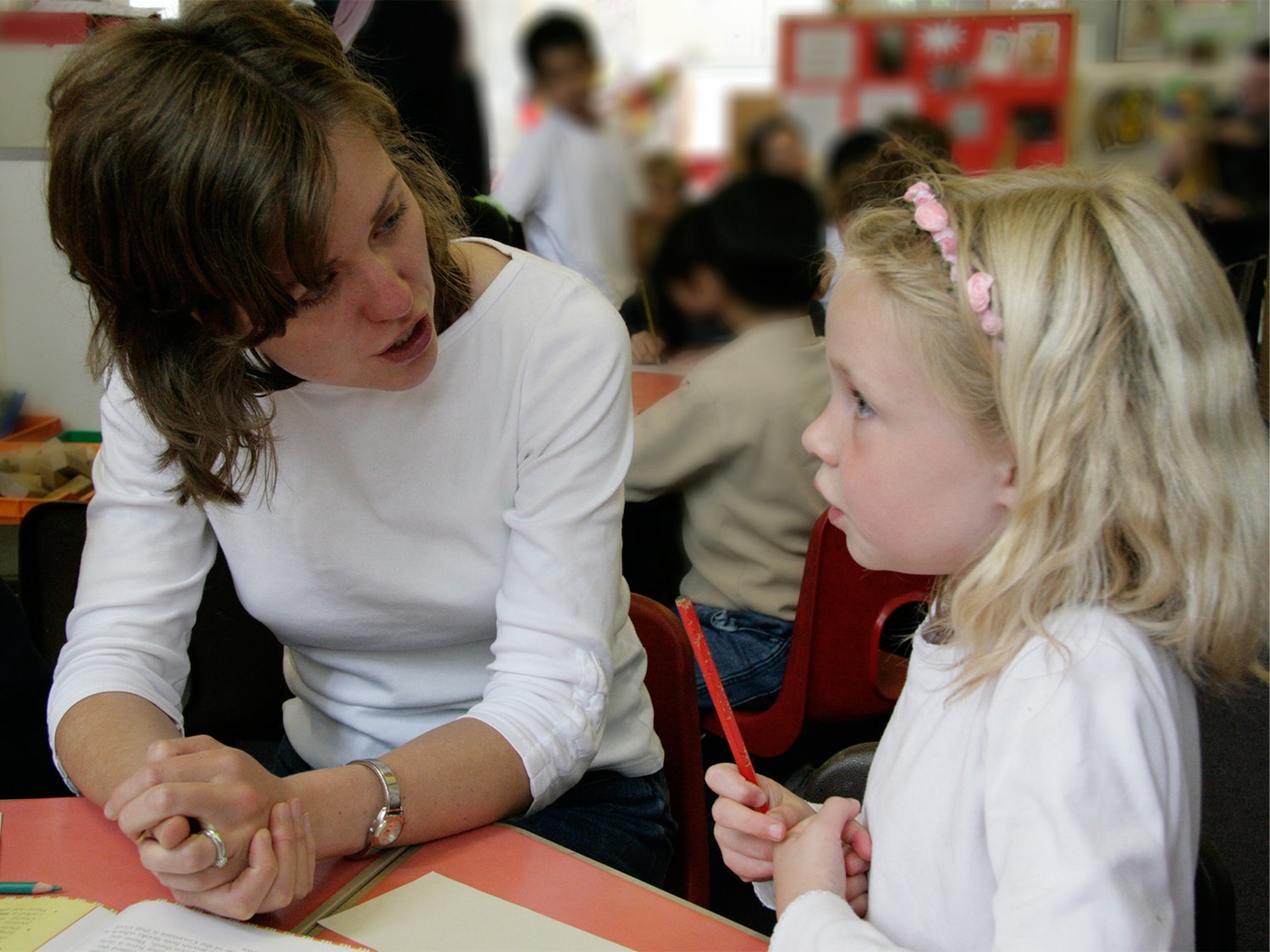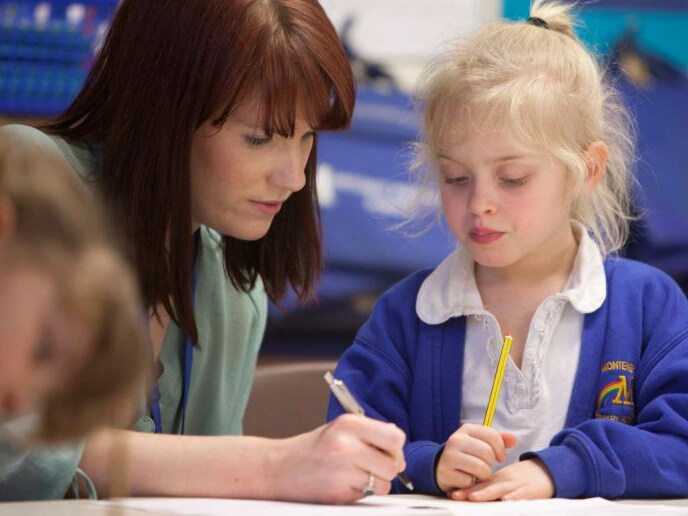With SATs over for another year, the countdown to a new brand of tests covering the content of the 2014 curriculum has begun.
Complete with a new floor standard for school accountability, pending decision-making on performance descriptors and controversy over SATs re-sits, the new age of assessment promises to be an interesting one.
Progress versus attainment
From 2022 schools that have elected to adopt the Reception Baseline check from September 2015 will be able to be judged on the progress that their children have made rather than on their final attainment.
However, as the first eligible cohort work their way through the Key Stages, the measure for school accountability over the next 7 years will remain attainment. As we know, the DfE has set the bar high - 85% of pupils reaching a level equivalent to a 4b (in old money) in the core subjects, meaning that SATs pressure is about to ramp up another notch.
The weakness of this plan is the absence of information or support relating to how schools are to achieve this, beyond a notion that by expecting more of pupils they will strive to meet up to them.
Official figures from the DfE show that around 100,000 pupils a year currently are failing to achieve the required standards in English and maths, and with pupils now facing tests based on harder curriculum content this figure is likely to grow. Which could be a problem in light of the policy announced in April that pupils who do not pass their end of KS2 SATs will be required to re-sit them.
Resisting resits
It is fair to say that SATs resits have not been well received by the teaching community. First and foremost, it is in direct contradiction of the original intention of SATs to benchmark school performance, not that of the children. Even the kindest of critics believe it’s an idea that has not been fully worked through.
Rhetoric around the time of the election was unhelpful, obscuring the intention of this policy to give children a further chance to catch-up before they get stuck into their Secondary education. Language such as “zero tolerance of failure and mediocrity” and claims that Conservative educational policy would not allow children who failed their SATs to drag down standards for brighter pupils (reported in the Telegraph) came off to many as discriminatory.
However, removed from all of the pre-election bluster, the policy is at its core about a pre-emptive strike to help pupils destined for poor performance at GCSE. “We know that the biggest predictor of success at GCSE is whether young people have mastered the basics at age 11. That means if we fail to get it right for young people at the start of secondary school they’ll struggle for the rest of their time in education,” argues Nicky Morgan.
Not many could argue with the sentiment. There needs to be more of a focus on supporting struggling pupils, particularly as the harder curriculum may mean this group becomes more numerous, pulling in pupils previously considered ‘middling’ into its orbit.
A policy with potential…?
In an extremely well-argued article, Laura McInerney, editor of Schools Week, concludes that there is potential to the policy – as long as certain ‘sticking points’ can be overcome, and it comes with ideas and resources for support, rather than becoming a stick to beat schools with.
McInerney’s conditions really are the key, of course. The ‘sticking points’ are substantial: relating primarily to the increased pressures on both children and teachers.
Although children will be taking the resits once they start in Secondary, and therefore the onus is on their new school to help them pass – the threat of resits increases the pressure on children to succeed first time round, and the pressure on Primary teachers to ensure they do so.
Whereas previously the impact of poor results would be felt largely by the school, in future they will also be borne by the children themselves.
A stressful start to secondary
In a worst-case scenario, we may see desperate secondary schools seeking ways to minimise their intake of children with weak results or ability-streaming enacted from the very start of Year 7.
Children starting their secondary lives in the position of having to retake their SATs could feel stigmatised – a failure from the start, which can only exacerbate the growing social problem of anxiety and depression in children. The NSPCC reports a 200% increase over recent years in calls related to exam stress.
We must therefore find ways to relieve the pressure on the children. This may take the form of pastoral care, a focus for PSHE lessons, or best of all by removing the pressure from the whole of the accountability chain, so that it doesn’t trickle down to the most vulnerable. In this regard, it might be helpful if the DfE would reconsider the target for the number of pupils expected to pass re-sits (currently set at 80%, criticised by the ASCL as ‘arbitrary’) and the obligation on Secondary schools to report on these results.
All this being said, there are mitigating factors for the re-sits: they will be slimmed down versions of the actual SATs, and will be internally marked, which might help make them slightly less of an administrative burden.
Children will have two opportunities in the year to pass them, but crucially will not be held back if they persistently fail. And finally, contrary to the furore over resits penalising those with Special Education Needs, there is in fact no requirement for this group to take them.
Support and direction needed
Beyond this, there is also the information and support gap already mentioned. What needs to happen to help children pass tests that they failed only a few months earlier – that has not already been attempted by talented and hard-working Primary teaching professionals?
How will secondary teachers close a gap potentially made worse by summer slide? Will there be any central recommendations or co-ordination?
Early intervention seems a better route: it feels less rushed, and less stigmatising than an all-or-nothing Year 7 sprint. But in a world of overstretched class sizes, overworked teachers and dwindling budgets – still more investment in resources and training is needed.
Let us hope that having announced the birth of this particular policy, Nicky Morgan’s department has spent the intervening time working out how to bring it up.
It is a policy that comes from a good place, but which risks sinking - dragging pupil and teacher morale with it – unless it can be buoyed by some real investment in resource and some rethinking around whether there is any real benefit in setting reportable targets for the resit pass rate.







